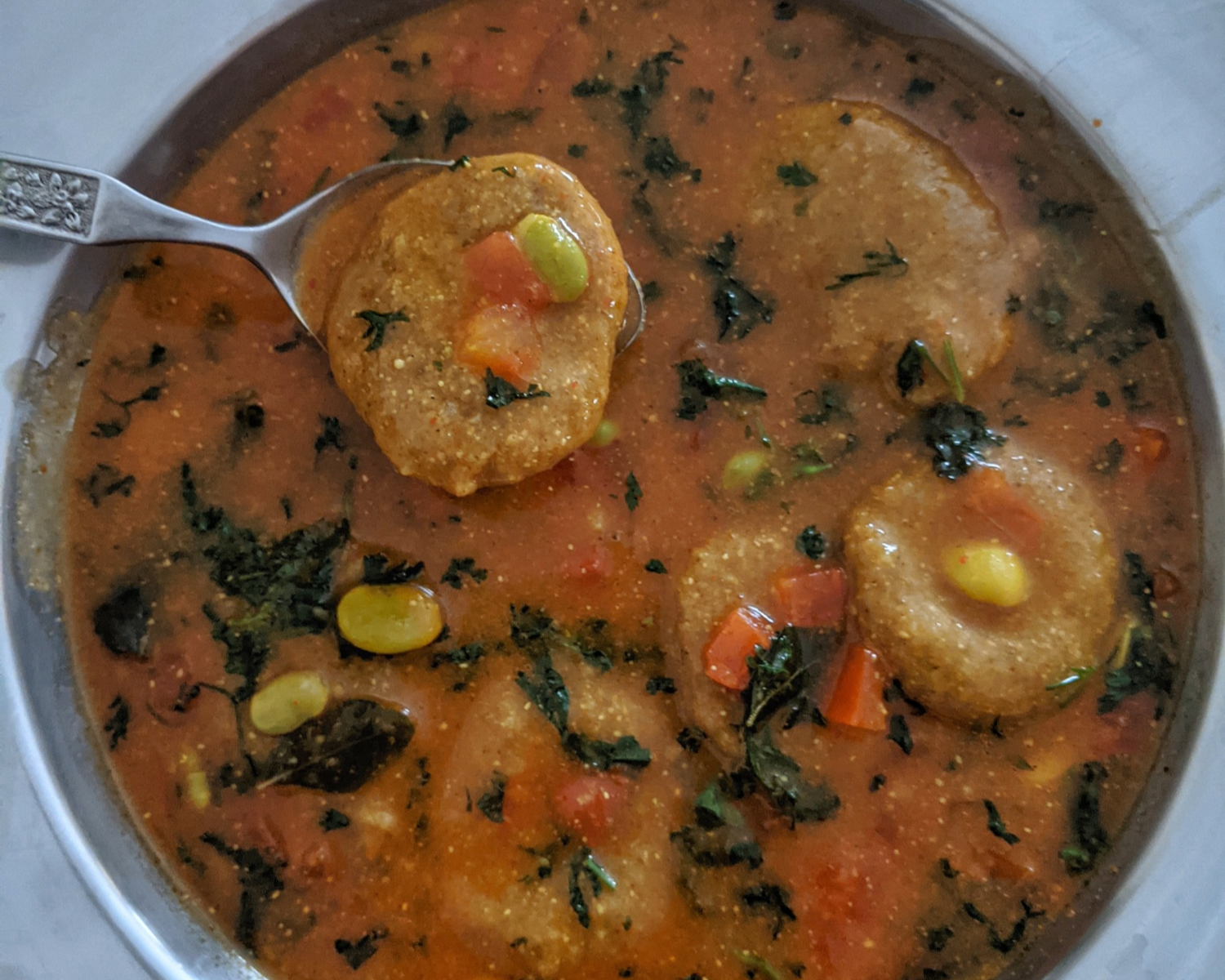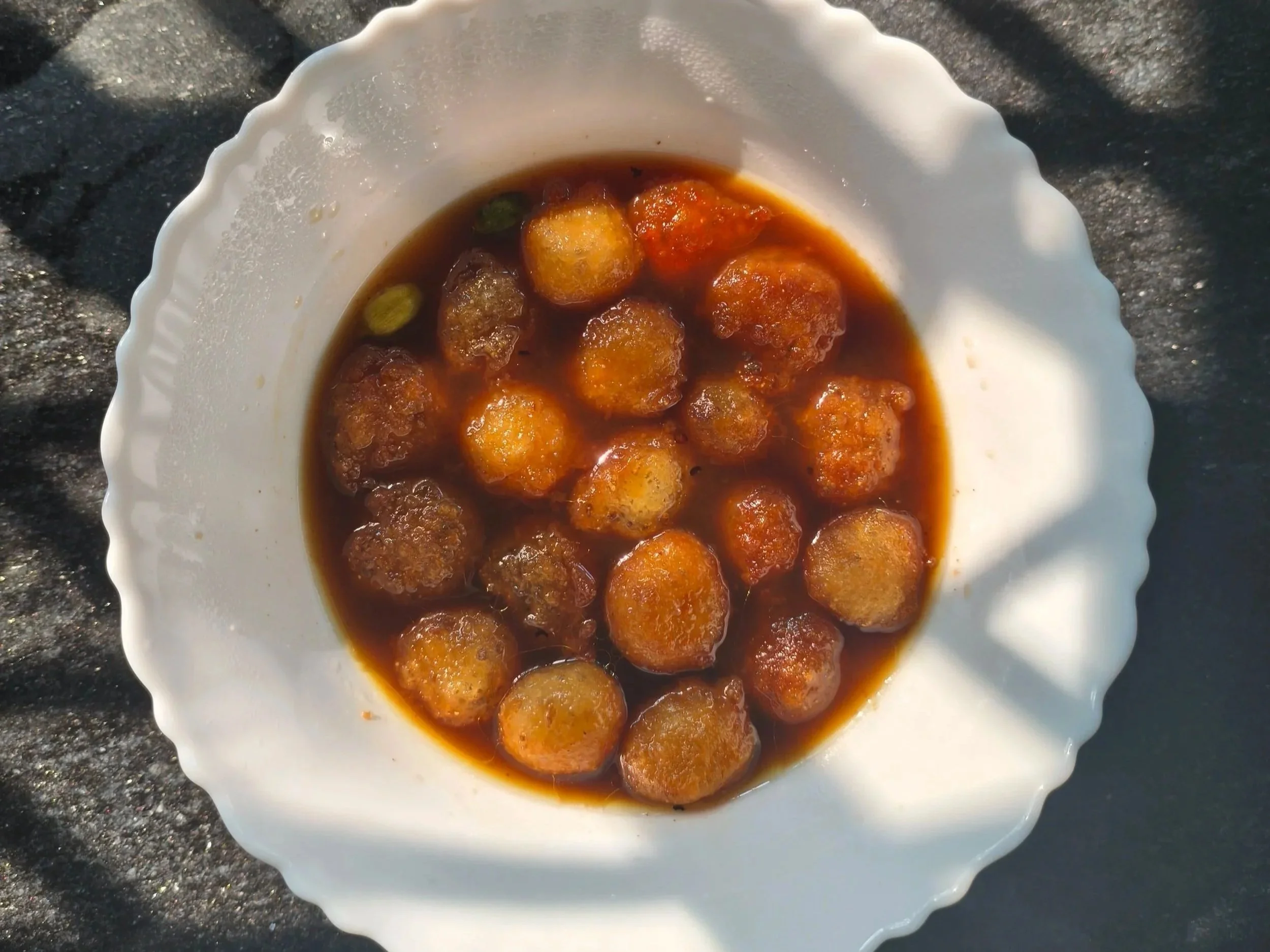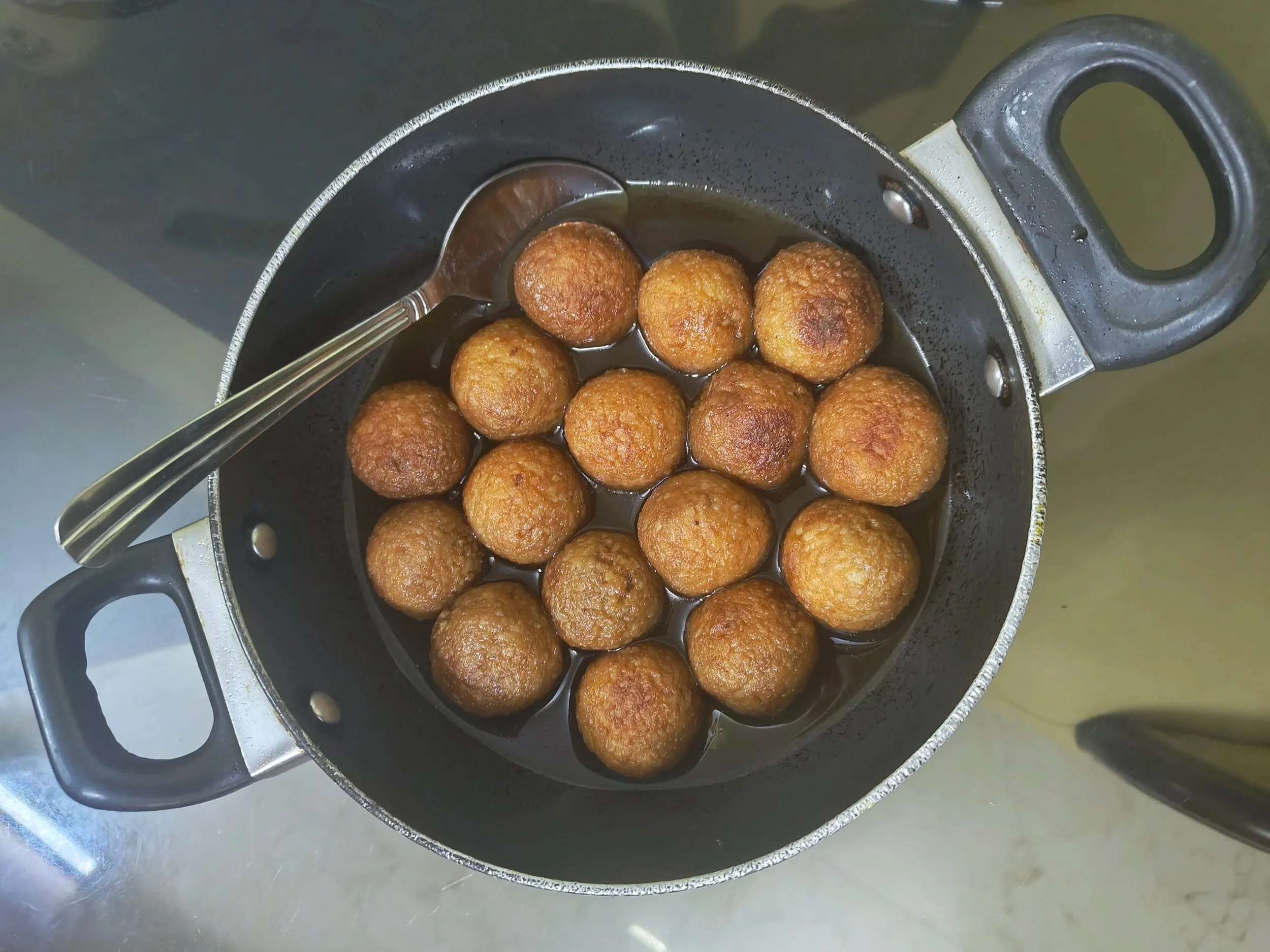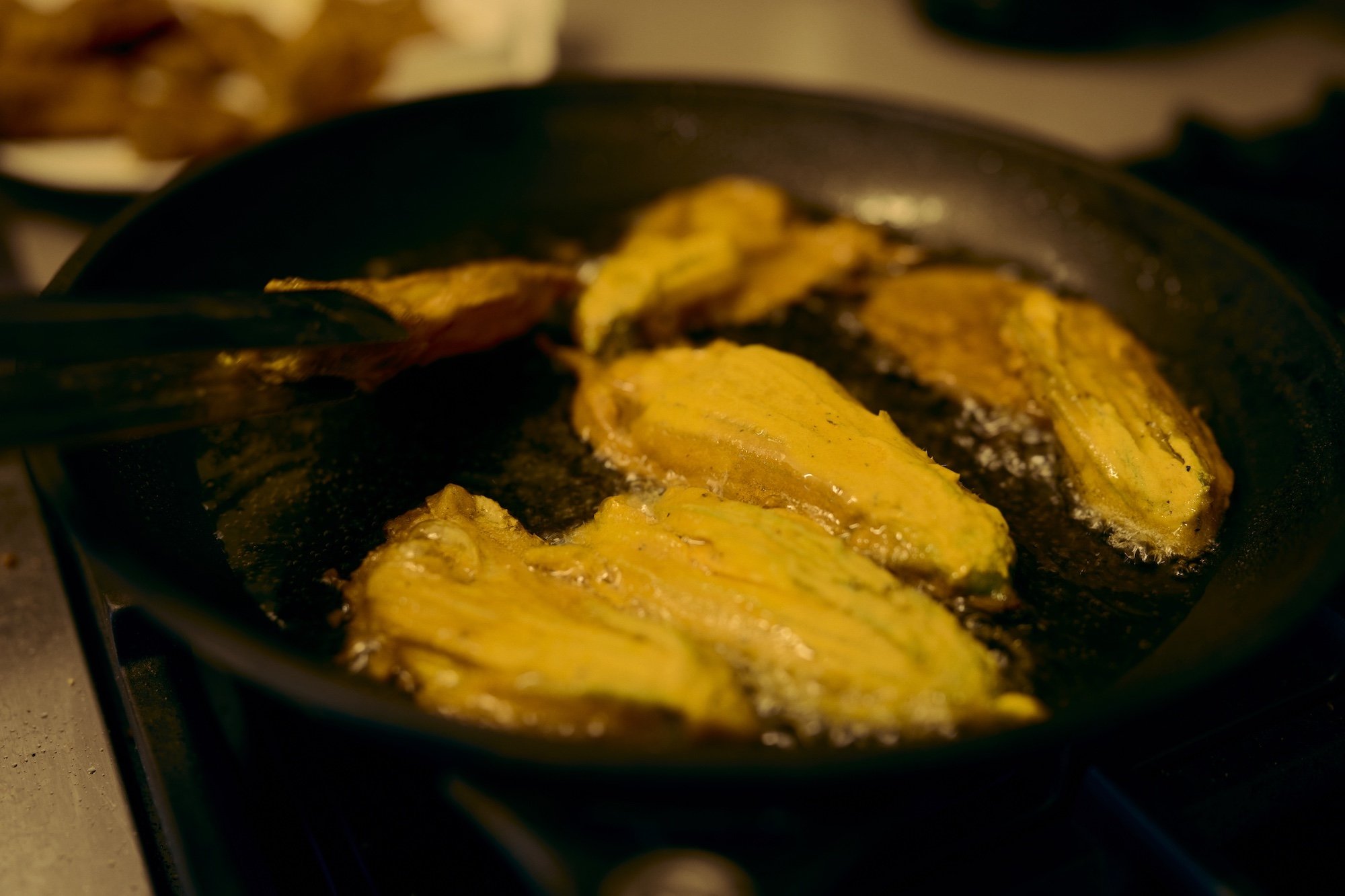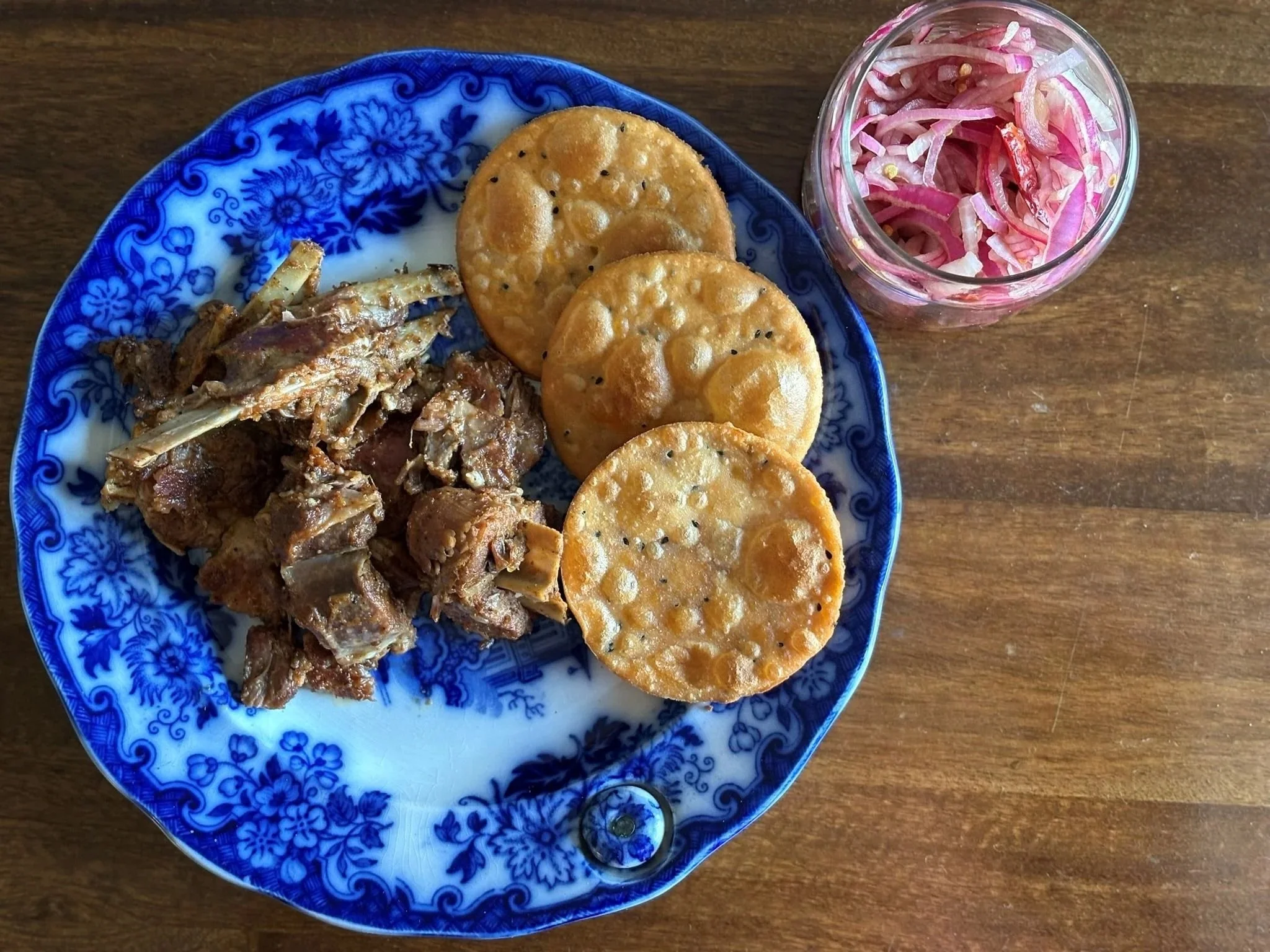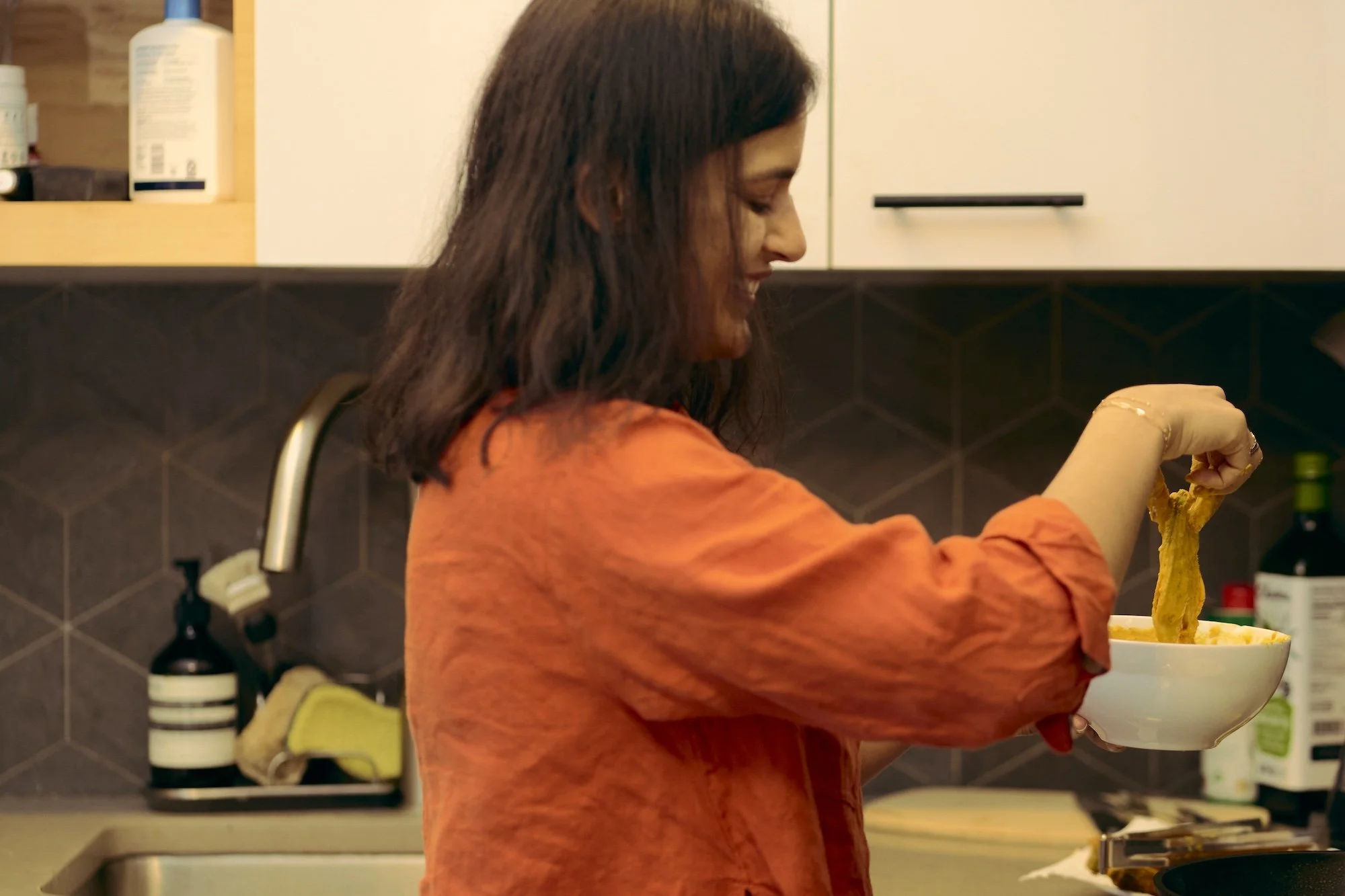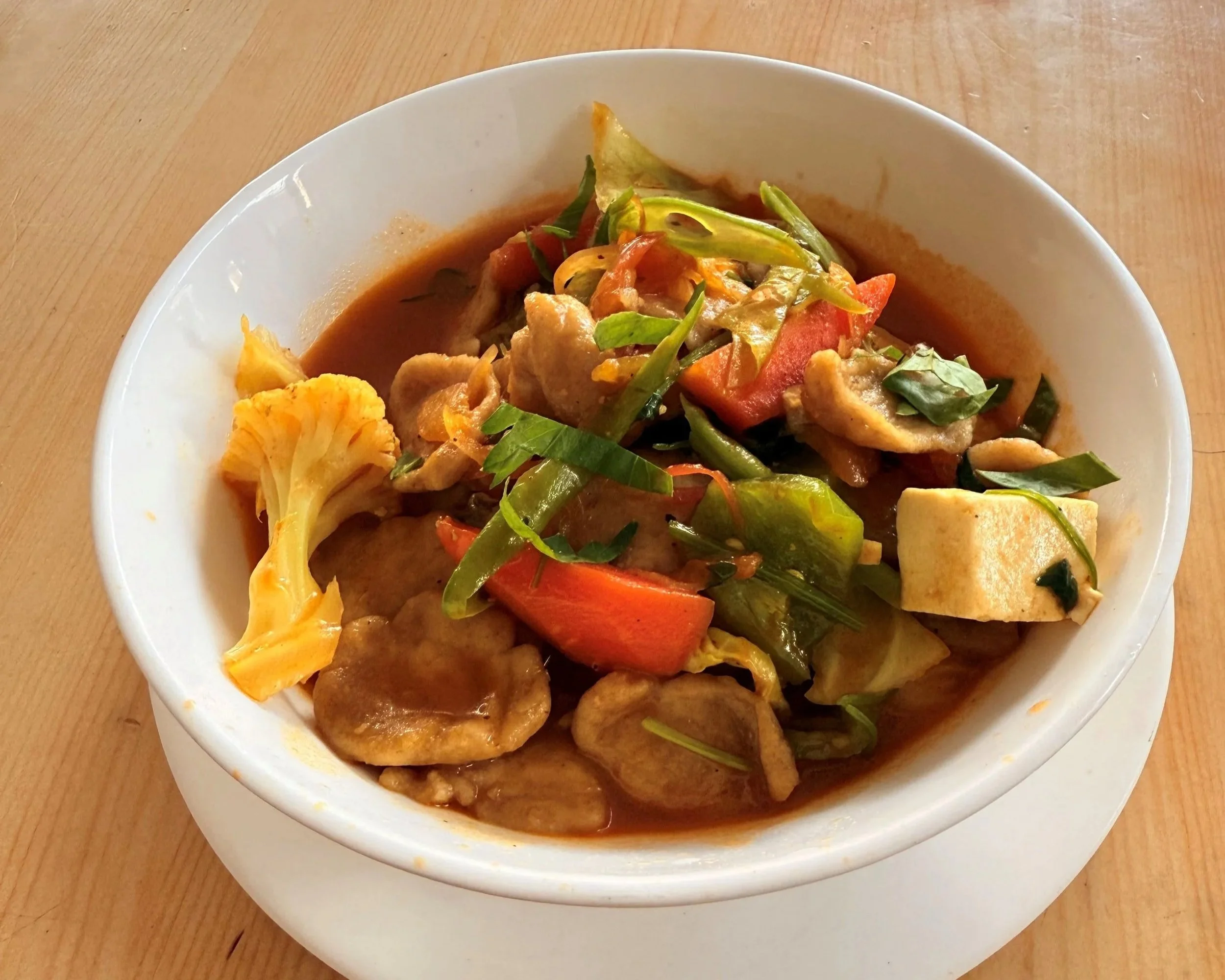Oruma: A Canteen by Trans-Women in Kerala

Oruma, a hugely successful canteen staffed and run by trans-women in Kerala, aims to mainstream and empower the trans-community in the state.
Meera’s life is far from ordinary. She has stories to tell; oftentimes, sorrowful and unpleasant ones. But when she is with her colleagues at Oruma, she leaves them behind for a while. Her painful memories are replaced by playful banter, laughter and the continuous clatter of steel vessels. Dressed in a green-checkered apron and a hair-cap that covers her almost bald head, Meera cheerfully welcomes customers, while handing out orders for puttu-kadala, crisp medu vadas, and golden pazham pori to her fellow workers in the kitchen. Oruma, the transgender canteen, translating to ‘unity’ in Malayalam, has given Meera and her co-workers a lifeline, since its opening in December 2019, in Palakkad, an eastern district in Kerala.
The canteen, run by the Oruma Transgender Unit, consisting of 10 members, is the first of its kind in Kerala. “We are so fortunate to have something that other districts haven’t been granted yet. Though various programs for trans-people have been initiated, there has been no fund allotted to start a canteen like this,” says Meera, who is President of the Transgender Unit. Supported by the Social Justice department, the District Panchayat, and the Kudumbashree Mission (a National Resource Organisation that looks into the welfare of women), the enterprise, located at the Civil Junction, aims to help mainstream and empower the trans-community in Kerala.
After years of dealing with systemic prejudice, inequality and harassment, trans-women like Meera are paving their own way to independence (and acceptance) in society. It also helps that the fare at Oruma is delicious. No one expected the canteen to receive the immediate success it did. Within a month of opening, it had become a local favourite.
“We are very busy from the minute we open at 10 am, until closing time at 6 pm. We barely get time to chat with our customers properly,” says Meera with a wide smile. Though the overwhelmingly positive response was unexpected, she clearly sees it as long overdue. “In the past, people looked down on us and insulted us. It is heartening to see them come here, and eat the food that we cook,” she says. A major reason for the canteen’s success has been the quality of freshly prepared snacks and meals, sold at very affordable prices (₹8-100).
Every morning, the staff decide on the canteen’s breakfast, lunch and snack menu. Keeping local tastes in mind, they choose regional favourites. A variety of authentic dishes including appam and mutta roast, matta rice with thoran, sambar and avial, are served on rotation. The lunch menu often includes fish, when it is available.
Although kitchen space is limited, the staff prepare every dish from scratch. “We don’t buy anything from outside. We only serve in-house meals to our customers,” Meera explains with pride. Given that most canteen diners are from in and around Palakkad, the staff choose local recipes and cooking techniques from the region.
Meera and her colleagues were trained under the Kudumbashree Unit. “They taught us a variety of recipes. We learned to make Thalassery biryani, Malabar parotta, unnakaya and many other classic dishes from the state. We were even taught to make burgers,” giggles 42-year-old Selma, another employee of the canteen.
Image credit: Frameable
Though these trans-women have never worked in professional kitchens before, they all share a common affinity for cooking. 28-year-old Manju began working in the kitchen at the young age of eight, to help her mother cook. She has tested several recipes common to households in the region. “My mother never stopped me from cooking,” she says, referring to a social system that typically keeps boys out of the kitchen.
For the employees at Oruma, cooking and hospitality has become a way of expressing buried identities, and connecting with themselves again. The enterprise has also allowed them to earn a stable income. Before the canteen, most of the staff were dependent on a variety of odd jobs for their livelihood. “I washed and cleaned plates for a small catering business before. They paid me ₹400-500, along with a meal. But since Oruma, I have not been going anywhere. I work here now,” says Selma.
The success of the canteen and its incoming profits, have made these trans-women the breadwinners of their families. Its social and economic success have also encouraged local authorities to continue funding such business models within the transgender community. “The Kudumbashree will provide a subsidised fund to support such enterprises. We are ready to support them in any areas of their interest,” says Harifa Beegum, the assistant district co-ordinator of the Kudumbashree Mission in Palakkad.
Meanwhile, the trans-women at Oruma canteen, through every meal they serve, pave the road to equality, independence and empowerment for their community; a pivotal step to securing social visibility and economic stability.
Varsha Sara Babuji is a Saudi raised freelance writer and multimedia journalist based out of Bangalore.
ALSO ON THE GOYA JOURNAL
